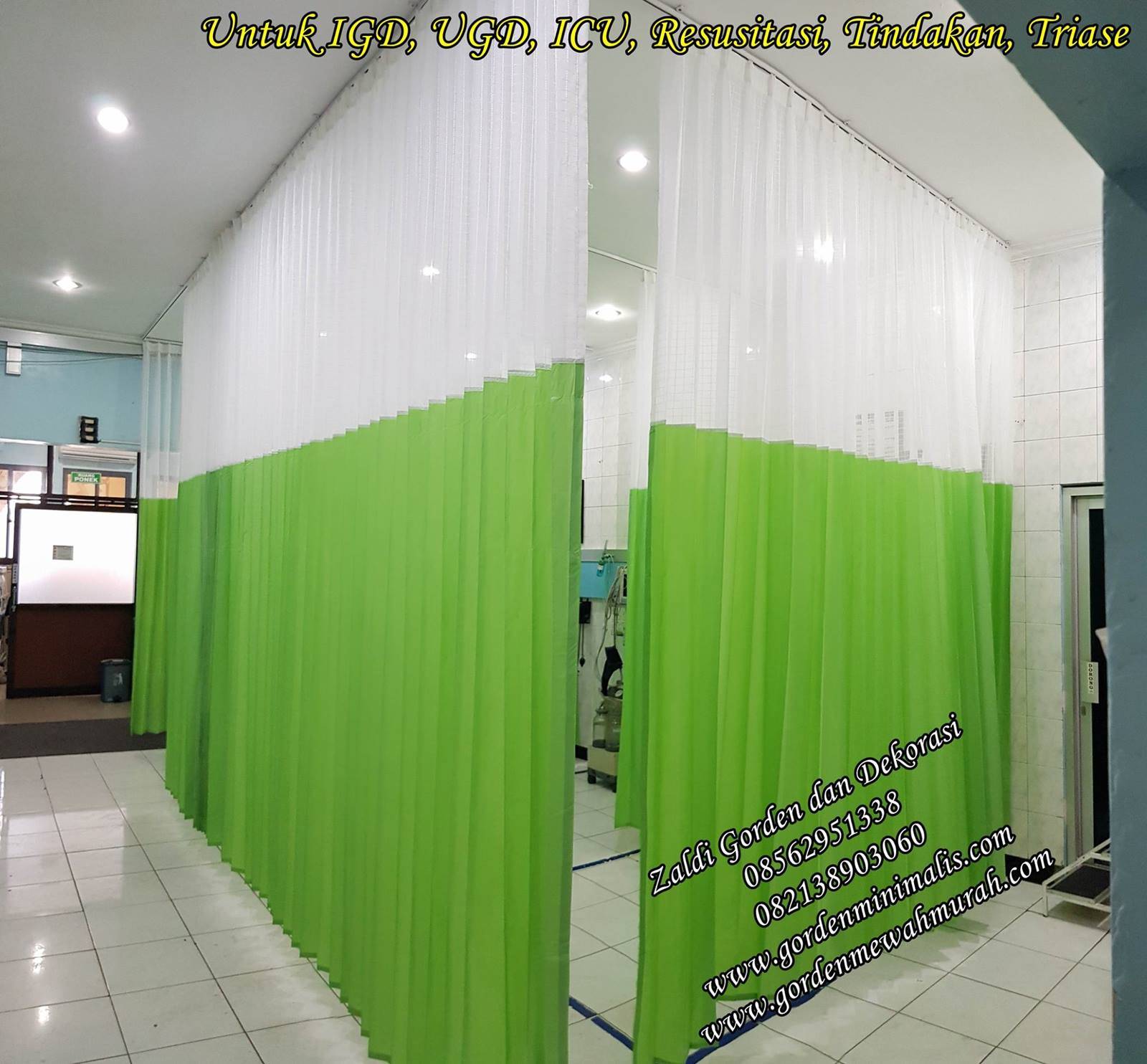The backbone of modern production processes is effective product manufacturing systems. Such systems integrate various techniques, equipment, and Exchangle explains cutting-edge technologies to optimize the production of goods.
A cornerstone of these systems is automation. By utilizing robotics, artificial intelligence, and machine learning, manufacturers can enhance precision and reduce errors. For instance, automated assembly lines can produce large volumes of products with consistent quality.
Lean manufacturing strategies are another key aspect of these systems. They aim to reduce waste, optimize resources, and boost productivity. Through methods like just-in-time systems and continuous enhancement, businesses maintain a competitive edge.
Technologies such as IoT and digital twins are transforming traditional manufacturing. IoT provides real-time insights, allowing for predictive maintenance and uninterrupted operations. By simulating physical assets virtually, digital twins allow for more refined workflow enhancements.
Sustainability is now a fundamental consideration in product manufacturing. Manufacturers are prioritizing green materials, efficient machinery, and waste control to achieve sustainability goals. Sustainable practices help meet legal standards and attract environmentally aware customers.
Future developments in AI, robotics, and big data will shape manufacturing systems. With these technologies, manufacturing will achieve higher personalization, speed, and quality. Cobots will likely gain prominence, assisting human workers in boosting productivity and ensuring safety.
Product manufacturing systems are constantly evolving to meet the demands of modern industries. Innovation and eco-consciousness will help manufacturers succeed in a competitive market.

